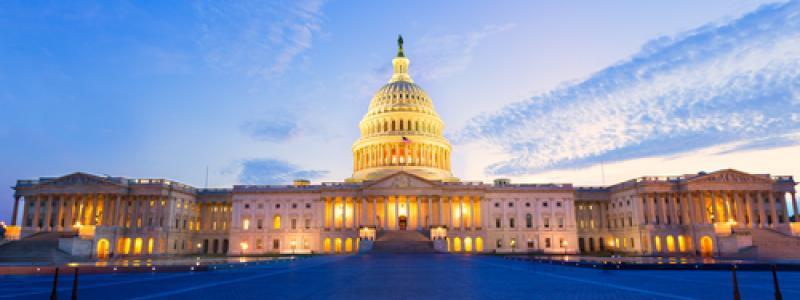Apple, FBI Make Their Case Before Congress Over Device Encryption

During a hearing session that lasted more than five hours, members of the House Judiciary Committee peppered James Comey, Director of the Federal Bureau of Investigation (FBI), as well as Bruce Sewell, General Counsel for Apple, over matters of national security and protecting the privacy of individuals. But at the end of the day, it appears that the only thing the two sides had in common was a willingness to keep the debate raging on. The title of the hearing was “The Encryption Tightrope,” and in more than ways one, it was fitting for both parties.
During its investigation of the San Bernardino massacre that happened last December in California, the FBI had wanted Apple’s help in bypassing the protective measures in order to allow the agency to hack into a particular iPhone 5c unit used by one of the terrorists involved in the incident that left more than a dozen people dead and 20 wounded.
Apple argues however that agreeing to the FBI’s request means it will have to write new software that could be taken advantage of by criminal elements, to be used in accessing iPhone devices unauthorized. Other big names in the tech industry have since expressed their support for Apple’s plight, including rivals such as Google and Microsoft. As explained by Sewell, the tool that FBI is asking Apple to create will work on every existing iPhone device in the planet. Even though the FBI thinks it is only a one off job, the new software could actually endanger all iPhone owners.
The week prior, Apple had filed a 65 page response to the court that contends the court order is in violation of the iPhone maker’s constitutional rights. A federal court hearing between Apple and the FBI has already been scheduled to happen on March 22nd of this year in the city of Riverside in California.
On the side of the FBI, Comey has argued that it is not about creating a back door. The back door already exists, he says, and the agency just needs Apple to get rid of the guard dog so that the FBI can open the lock. He further warned that if Apple does not give in, then the company may have helped create a world in which criminals and terrorists can hide in places that authorities can not access.
As for Sewell, he specifically made mention of Comey’s statement painting Apple as placing more priority on marketing than on matters of security. According to Sewell, such a debate (national security vs individual privacy) should not be diminished by motives related to branding or promotions. When asked about possible scenarios in which Apple might agree to the FBI’s request, Sewell pointed out that the company has fully cooperated with authorities in the past. But a line must be drawn somewhere -- creating new software in order to deliberately hack into a device will only lead to new dangerous territory in which there is no going back.
Related Blog Articles
- Smartphone Shipment Growth Rate To Decline To 5.7 Percent This Year
- You Can Now Buy BlackBerry’s Priv Android Device At Verizon
- Verizon Fined $1.35 Million By The FCC Over Use Of Supercookies
- MVPD Services You Should Check Out
- Android Lollipop Is Now The Most Widely Used Android Version
- Basics of Smartphone Encryption
- Background Apps No Effect On iPhone’s Battery, Per Apple Executive
- LG’s Stylus 2 Phablet Is First Smartphone In The World To Feature DAB+
- Apple: FBI Request Is Unconstitutional
- Sprint Reaches 300 Mbps Speeds Using Samsung’s Galaxy S7


 Menu
Menu